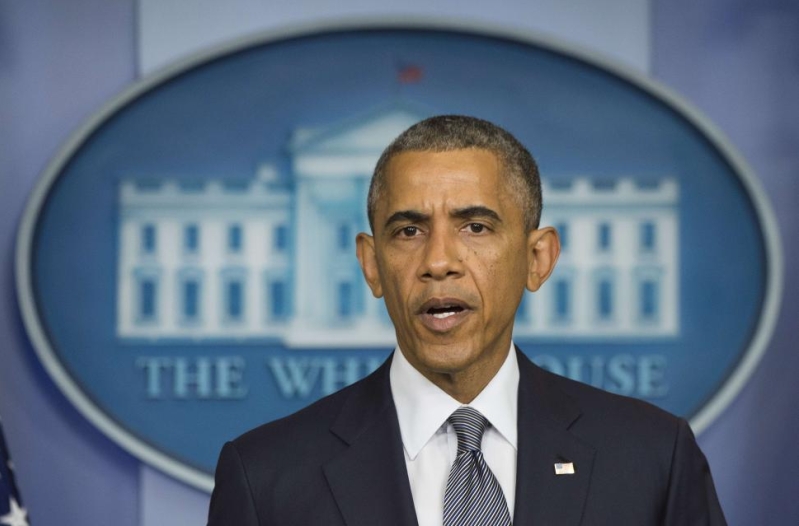
President Obama amended two executive orders Monday morning which will make it illegal for the federal government and its contractors to discriminate against their employees on the basis of gender identification. CBS News reports that the orders do not give exemption for religious organizations; however, such entities are allowed to exclusively hire employees who share their faith.
Barack Obama applauds the LGBT community for its persistence in lobbying for anti-discrimination protection in the workplace. "Thanks to your passion and advocacy and the irrefutable rightness of your cause, our government ... will be come just a little bit fair," he said at a conference held in the White House this morning. The president was adamant that those in the LGBT community should not have to fear being fired because of their sexual practice or gender identification.
The two executive orders that Obama amended had originally applied to racial, gender, and religious discrimination in the workplace. One of the orders originated from former president Roosevelt and prohibited racial discrimination in the national defense industry. "President Eisenhower strengthened [the order], and Johnson expanded it; today I'm going to expand it again," Obama said.
The orders will prohibit any company which receives a contract from the federal government from discriminating against LGBT employees. Requests for an exemption for religious organizations - such as those who are contracted to help establish re-entry programs for inmates or who provide disaster relief overseas - were denied.
As many as 18 states have also banned discrimination in the workplace based on sexual practice and gender identification. Fox News reports that these executive orders impact nearly twenty percent of the American workforce, affecting around 28 million people.






